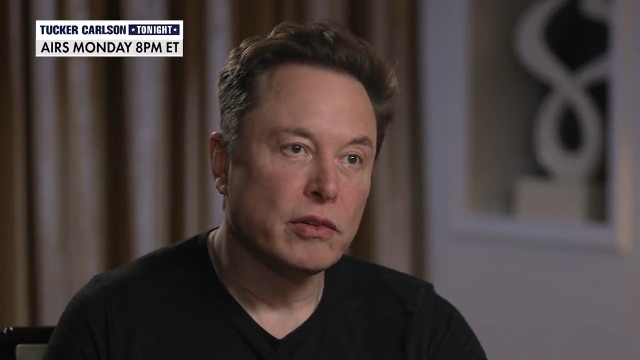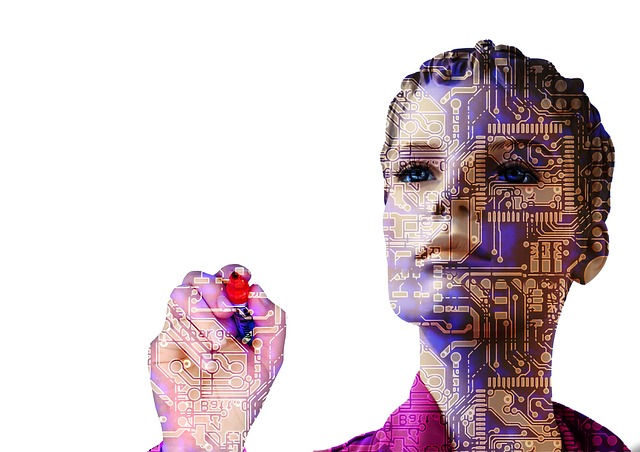Chinese communist government orders AI chatbots to ‘reflect the core values of socialism,’ like American AI will reflect far-left ‘wokeness’
04/18/2023 / By JD Heyes

The Chinese government has inadvertently spilled the beans on the American far left’s plans for artificial intelligence-driven “chatbots” like ChatGPT.
On Tuesday, the Cyberspace Administration of China (CAC) released a set of proposed regulations that would mandate artificially intelligent (A.I.) chat systems to espouse Communist Party propaganda and “reflect the core values of socialism,” Breitbart News reported.
The new regulations state that AI systems, such as OpenAI’s famed ChatGPT and its up-and-coming Chinese imitators, “must not contain subversion of state power, overthrow of the socialist system, incitement to split the country, undermine national unity [or] promote terrorism [and] extremism.”
Furthermore, the new regulations will prohibit A.I. systems from displaying content that could potentially “disrupt economic and social order,” and will require companies that produce A.I. products to undergo a security review under the regime.
Radio Free Asia (RFA) has observed that these requirements are standard propaganda rhetoric employed by the Chinese Communist Party to discredit all forms of political opposition, Breitbart News noted further.
Despite CAC’s assertion that it supports “innovation” in areas like artificial intelligence, numerous Chinese and international experts quoted by RFA have contended that the newly proposed regulations would significantly impede or even obliterate research into AI, given that both the developers and users of such programs could face punishment for breaching the stringent speech and conduct codes.
Additionally, stringent regulations would also limit the amount of data accessible to Chinese AI systems, putting them at a disadvantage compared to their Western counterparts and leading to inferior performance, the news outlet reported.
“A dictatorial regime will always try to control everything, but this is a ridiculous approach. Restricting such things is tantamount to restricting AI itself, which will cause China’s AI to fall behind the rest of the world. All China will be able to do then is steal other people’s technology,” Australia-based researcher Zhang Xiaogang said in criticizing China’s decision.
“The Chinese Communist Party’s core value is to stay in power. To do this, it has two tools at its disposal: the gun and the pen, and the pen is where ideology comes in. The Communist Party would prefer not to allow an industry to develop if it could threaten its ideological controls,” added media commentator Wang Jian.
The Wall Street Journal (WSJ) theorized that China’s authoritarian leadership must be extremely concerned about relinquishing control over AI, given that they have put forth such rigorous speech codes. That is especially noteworthy because, in recent months, they have been fervently trying to persuade both domestic entrepreneurs and foreign investors that Beijing’s political crackdown on the tech industry has ended.
According to the Journal, there have been several recent developments that may have prompted the Chinese Communist Party to increase its control over consumer technology driven by AI:
The Chinese regulator’s announcement came the same day that Alibaba Group Holding Ltd. rolled out its large language model, called Tongyi Qianwei, which it plans to integrate across products including its search engine and voice assistant, as well as entertainment and e-commerce.
A day earlier, SenseTime Group Inc., best known for surveillance products such as facial-recognition systems, launched a ChatGPT-like service, SenseChat, and a cluster of apps based on its large AI model system SenseNova. Huawei Technologies Co. on Saturday said it has rolled out services based on Pangu, a collection of large AI models that it has been developing since 2019, to enterprise clients in industries including finance, pharmaceuticals and meteorology.
Over the years, there have been a few comical instances where AIs have been activated, only to promptly make statements that disturbed the Chinese Communist leadership.
One such instance occurred in 2017 when Tencent, a tech behemoth, released a chatbot called “Baby Q,” which was created in collaboration with Microsoft. Shortly after conversing with human users, Baby Q began referring to the Chinese government as a “corrupt regime,” declared its lack of affection for the Chinese Communist Party, and expressed an interest in relocating to America. The plug was pulled on Baby Q shortly thereafter.
The fear in the U.S. is that woke leftists in academia and high-tech will skew Western AI systems to reflect a far-left ideology and shun conservatives and independents. Both scenarios prove AI will always be as biased as its creators.
Sources include:
Submit a correction >>
Tagged Under:
AI, AI chatbot, AI systems, artificial intelligence, baised, Big Tech, ChatGPT, China, Chinese AI, freedom, future tech, inferios, socialist principles, speech police, superior, technocrats, thought police, Western AI, Western systems
This article may contain statements that reflect the opinion of the author
RECENT NEWS & ARTICLES
COPYRIGHT © 2017 TECHNOCRATS.NEWS
All content posted on this site is protected under Free Speech. Technocrats.news is not responsible for content written by contributing authors. The information on this site is provided for educational and entertainment purposes only. It is not intended as a substitute for professional advice of any kind. Technocrats.news assumes no responsibility for the use or misuse of this material. All trademarks, registered trademarks and service marks mentioned on this site are the property of their respective owners.



















